A Look Into Nigeria’s Luxury Retail Market
Despite being tagged the poverty capital of the world, ironically Nigeria is home to some of the biggest purveyors and collectors of luxury items in the world.
Luxury brands such as Hermès, Louis Vuitton, Georgio Armani, Burberry, Christian Dior, Chanel, Prada and Gucci among others exemplify the concept of wealth, high fashion, extravagance and, of course, the exclusivity of possession which can only be accorded to individuals that are considered to be part of the “upper tier” of present-day society.
Due to the value ascribed to luxury items, possession of name brands is seen as a status symbol by many because of the extravagant prices these items are usually worth.
Interestingly, despite the domestic luxury market in Nigeria being worth over $213 million, 90% of local buyers for luxury fashion brands within the country shop abroad for their needs and since most people can’t hop on a jet just to go to Harrods or Saks 5th, they employ the services of personal shoppers who source and acquire trendy and rare fashion items for their elite clientele.
- Wizkid in custom Dolce and Gabanna
The reason for this is due to the relative absence of world class luxury fashion brands within the country with exception of a few retail outlets like Polo Avenue.
I spoke to Abimbola (@dee_beeshouse) who is a personal shopper with over 6 years of experience in the business. She shares insight into buyer behavior during the heat of the COVID-19 pandemic as well as some of the hurdles faced by luxury purveyors in Nigeria.
Question and answer
How often did you receive orders for luxury products during the lockdown?
It was lower than usual but I still had new customers placing orders regularly and funnily enough, most of them were male.
I received orders for expensive Italian men’s shoes which was probably one of the most expensive orders I’ve had to fill in recent memory.
Do you have customers that urge you to go the extra mile to source items for them?
Yeah definitely. I once had to source for an item from Gucci which was pretty much unavailable anywhere else so they had to bring it directly from their warehouse to the store which took about two weeks and another two weeks to bring it down to Nigeria. So it took over a month.
Are customers usually understanding when circumstances like this arise?
Oh yes, I think a lot of it has to do with communication. So I made sure I give daily updates and keep customers in the loop. With the Gucci item I kept tracking and calling my contacts at Gucci from Nigeria and making sure that everything was on track.
I go the extra mile to ensure customer satisfaction.
What is the best part about being a personal shopper for you?
For me the excitement that customers feel when I deliver their order is a major reason why I do it. It’s very exciting when you’re able to make people happy in that way.
What are some challenges you face as a personal shopper?
Our exchange rate is in a deplorable state. As at July last year I was complaining about the high rate of transporting luxury items but now it’s even higher so it’s frustrating.
Also, Customs officials like to take advantage of the situation especially during the festive period, they’ll withhold goods or make you pay extra tax because they know you need it urgently.
What has being a personal shopper taught you about Nigerians?
No matter how expensive things get, people who really want it will understand and pay for it.
My conversation with Abimbola has helped me to understand even more that high-end fashion items, which in this case come in the form of European fashion brands due to the high level of demand for such items within Nigeria, are normally the first trappings of wealth and success that are purchased by individuals with higher levels of purchasing power because like she said, the prices won’t stop those that really want to get that ‘drip’.

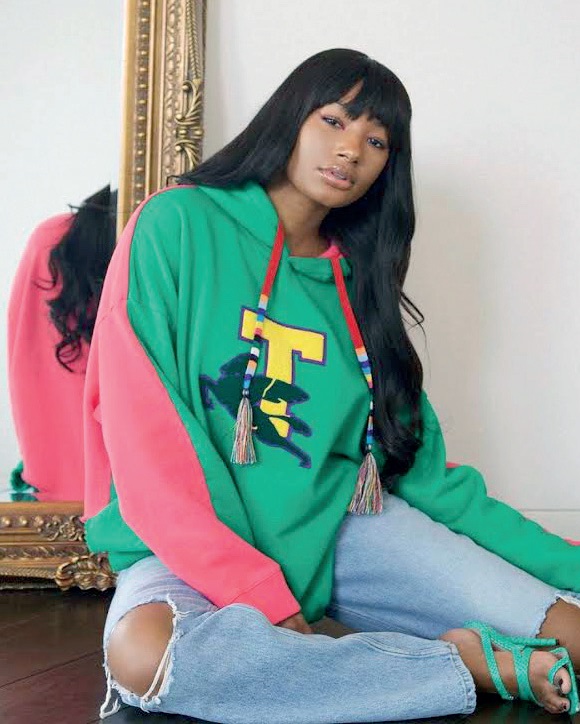
Temi Otedola wearing a sweater




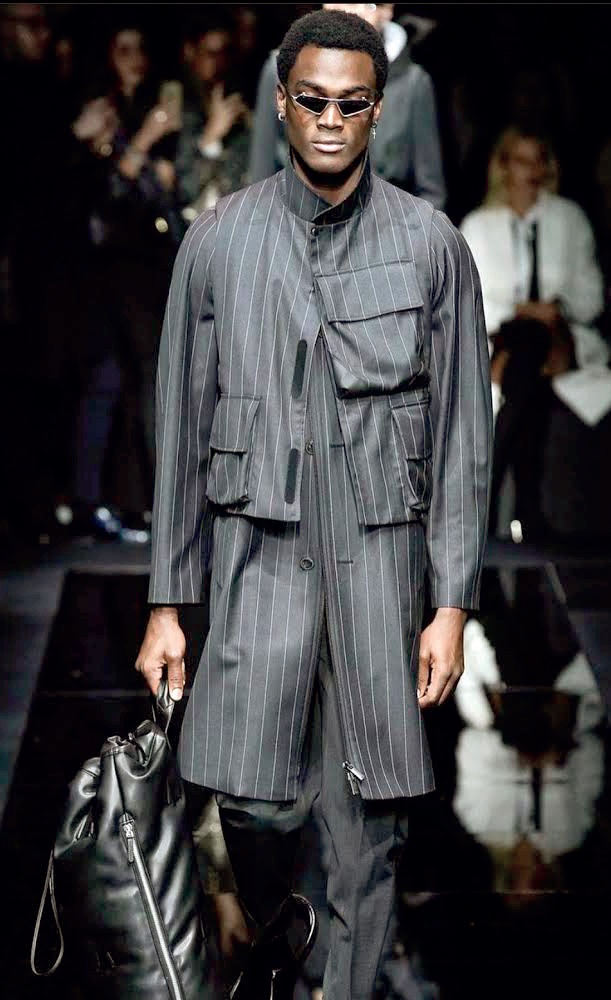
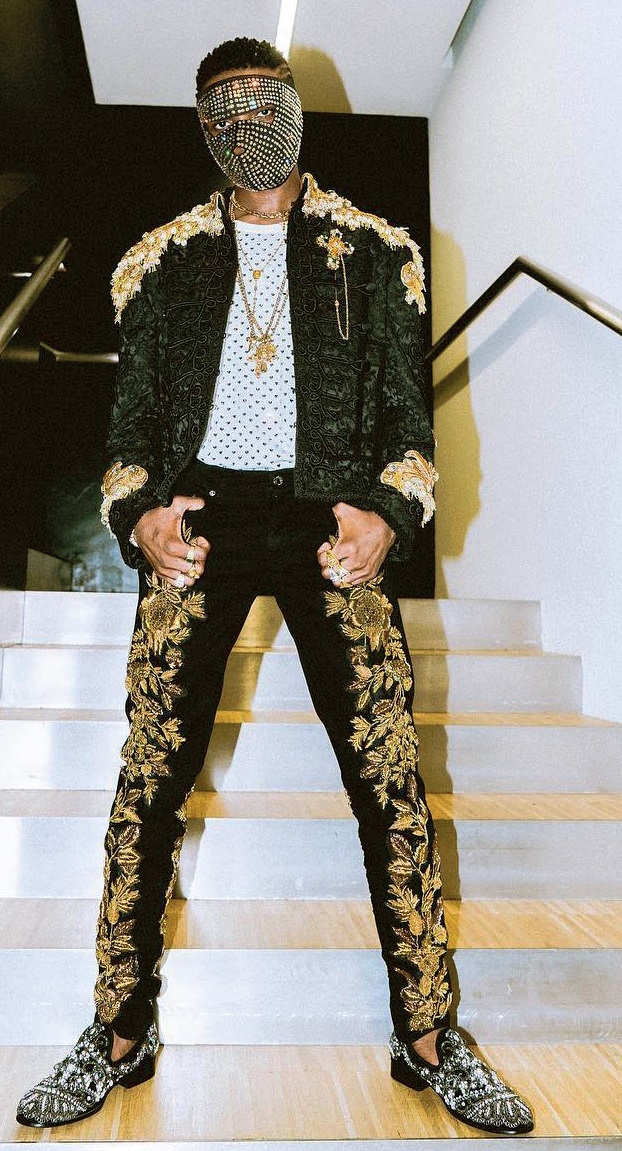
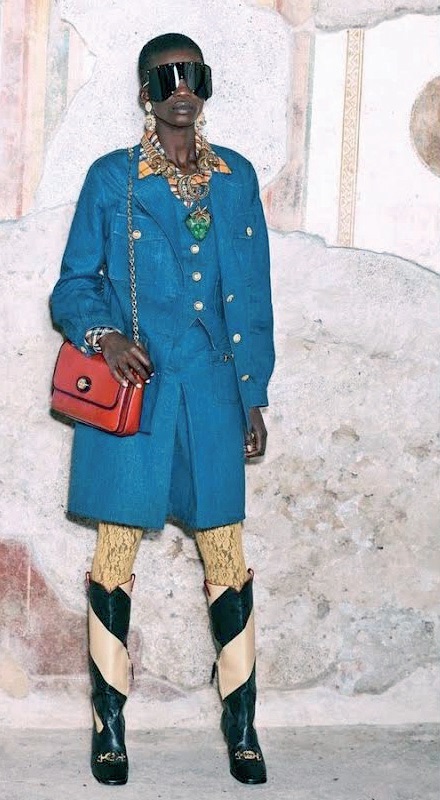
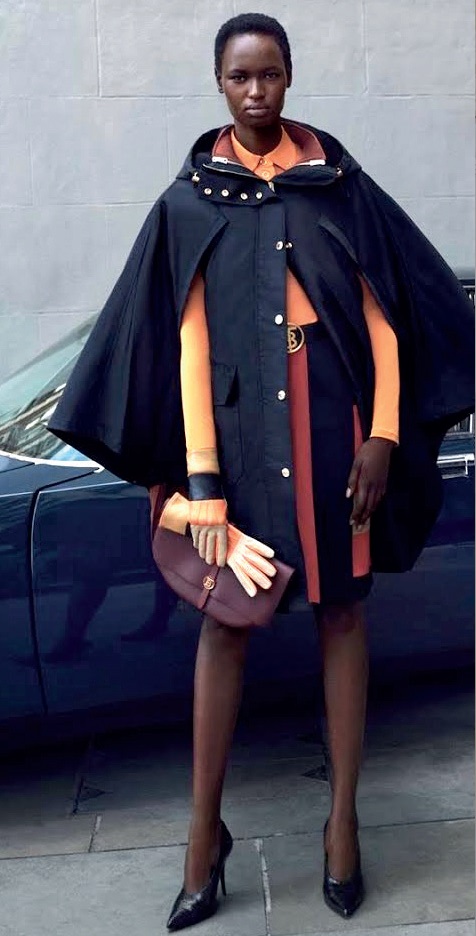
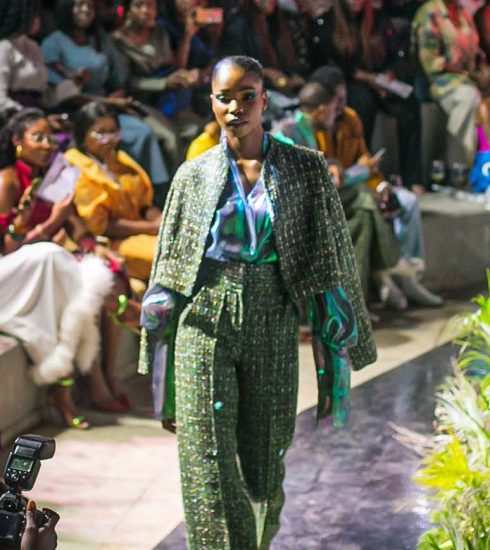
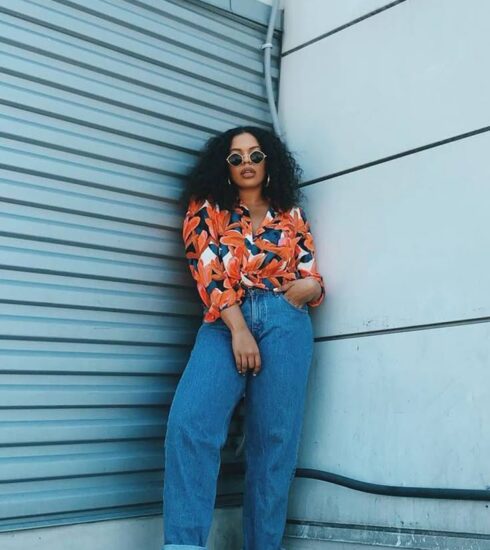
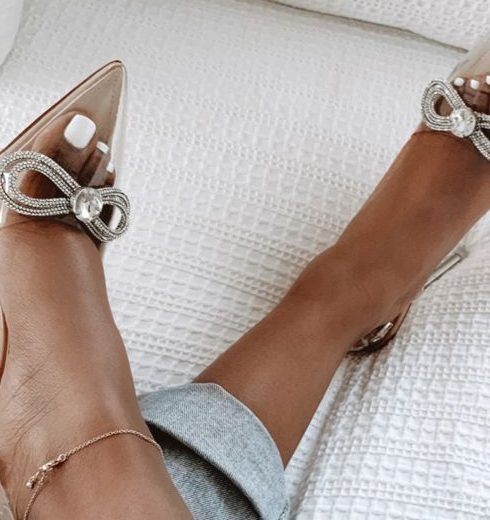
kels
2 years agoit seems all your reviews are only on clothing and jewelries, have you gone into the luxury furniture aspect in Nigeria they are way more and worth more.